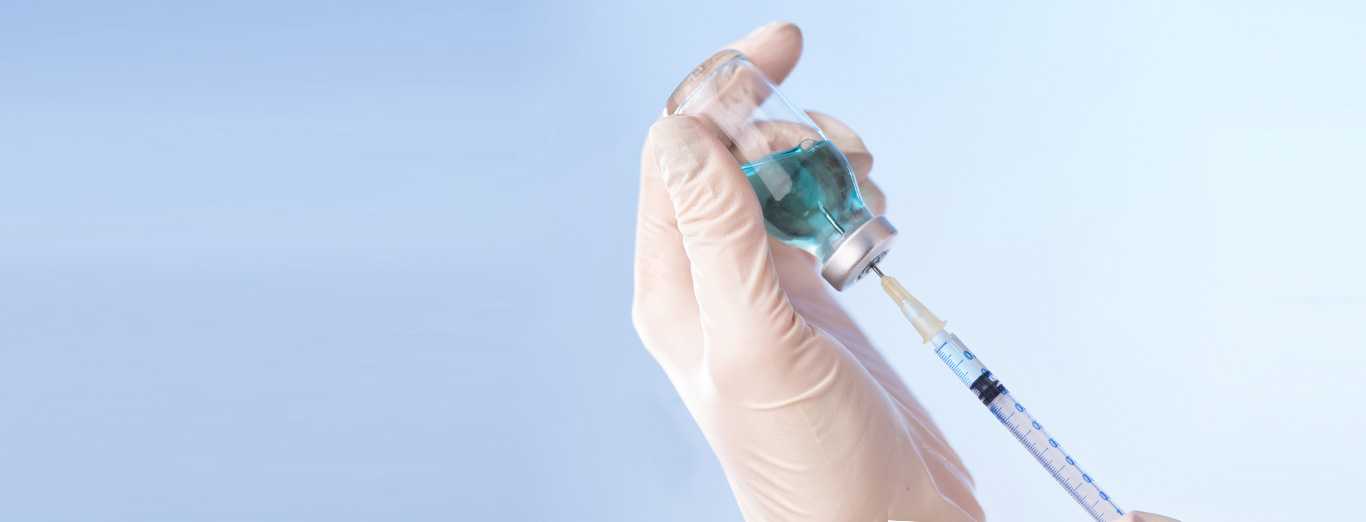
Patient Testimonials
what is rubella?
Rubella is an acute viral infection that is contagious. Also known as German measles, the Rubella virus usually affects children and young adults. Rubella can be transmitted via airborne droplets when someone who is infected coughs or sneezes.
Rubella symptoms to look out for:
The Rubella symptoms are usually too mild to notice, especially in children. The signs appear between two to three weeks after exposure to the Rubella virus. The symptoms last anywhere from 1 to 5 days and may include:
- Mild fever of 102 F (38.9 C) or lower
- Headache
- Stuffy or runny nose
- Inflamed, red eyes
- Enlarged, tender lymph nodes at the base of the skull, the back of the neck and behind the ears
- A fine, pink rash called the Rubella rash begins on the face and quickly spreads to the trunk and then the arms and legs, before disappearing in the same sequence
- Aching joints, especially in young women
rubella test:
Before you set out to get the Rubella test, do keep in mind that Rubella rash and rash from measles may appear similar. So, doctors need to run laboratory tests to make sure that it is Rubella.
A virus culture or a blood test is performed to determine the presence of antibodies that can tell the doctor whether you had a past infection, recent one or if you’ve taken the Rubella vaccine.
what is the rubella vaccination
The Rubella vaccine is a live attenuated vaccine. The Rubella vaccination can be taken alone or in combination with other vaccines. Combinations include measles (MR), measles and mumps(MMR) and measles, mumps and varicella (MMRV)
The Rubella vaccine starts to take effect after the first two weeks after a single dose and 95% of the people who take the Rubella injection become immune. The WHO recommends that the Rubella vaccine should be a part of routine vaccinations.
Rubella Vaccine Dose
The recommended dose is 0.5 ml for any age. While one dose of the Rubella vaccination is enough, often two doses of the Rubella injection are given.
rubella vaccine schedule
For children, the CDC recommends the following Rubella vaccine schedule. The first dose should be taken at 12 through 15 months and the second Rubella injection during 4 to 6 years of age.
rubella vaccine for adults
Any adult born before the year 1957 is generally considered to be immune to measles and mumps. The CDC advises that adults born in and after 1957 get the Rubella Vaccine for adults which is the MMR vaccine.
rubella vaccine for females
Women of childbearing age should be given the Rubella injection to avoid passing the Rubella disease to their children. The Rubella vaccine cannot be given to pregnant women or those with very poor immune systems. If females are not immunized by taking the recommended Rubella vaccine dose, it can lead to major birth defects. That can include hear problems, deafness, liver and spleen damage, and mental retardation. If a pregnant woman is diagnosed with Rubella, there’s at least a 20% chance that the child will have some problems. It does not matter whether women take the Rubella vaccine at home or at the doctor’s office, it is imperative that they do.
rubella vaccine side effects
Some common Rubella Vaccine side effects after taking the Rubella vaccination include:
- Injection site reactions (pain, redness, swelling, or a lump),
- fever,
- rash,
- headache,
- dizziness,
- joint or muscle pain,
- nausea,
- vomiting, or
- diarrhoea
The Rubella vaccination can also cause some serious side effects such as:
- easy bruising or bleeding,
- seizures, or
- mental/mood changes
If any one of the above serious side effects occur after taking the Rubella vaccine, you must inform your doctor immediately.
how to treat the rubella disease at home?
Whether you feel sick after taking the Rubella injection or are suffering from the mild symptoms, here is what you can do to get more comfortable at home:
Usually the symptoms are so mild that treatment is unnecessary but doctors recommend isolation to keep others who may not have their Rubella shot from getting infected.
- Rest in bed as necessary.
- Acetaminophen or Tylenol to get some relief from fever and aches.
- Warn people around you including pregnant women if you have been diagnosed. Inform your friends, family and colleagues, especially pregnant women, about your diagnosis so that they exercise caution.
- Avoid people whose immune systems are compromised have conditions that cause deficient or suppressed immune systems.
- Inform your child’s school and paediatrician about your child’s rubella.
After taking the Rubella shot, it is important for you to rest. If you have a young child, it is also possible to take the Rubella vaccine at home
how can we help?
At Protea, we are committed to world-class healthcare and that includes making sure that you are able to take the Rubella shot from the comfort of your home. Taking the Rubella vaccine at home makes for a very smooth experience especially with young babies involved. Give us a call to let us help you take the best care of you.
References
Doctor Consultation
Nursing
Physiotherapy
Trained Attendant
Elder Care
Mother & Baby Care
Lab Tests
Medical Equipment
Speciality Pharma
Critical Care




